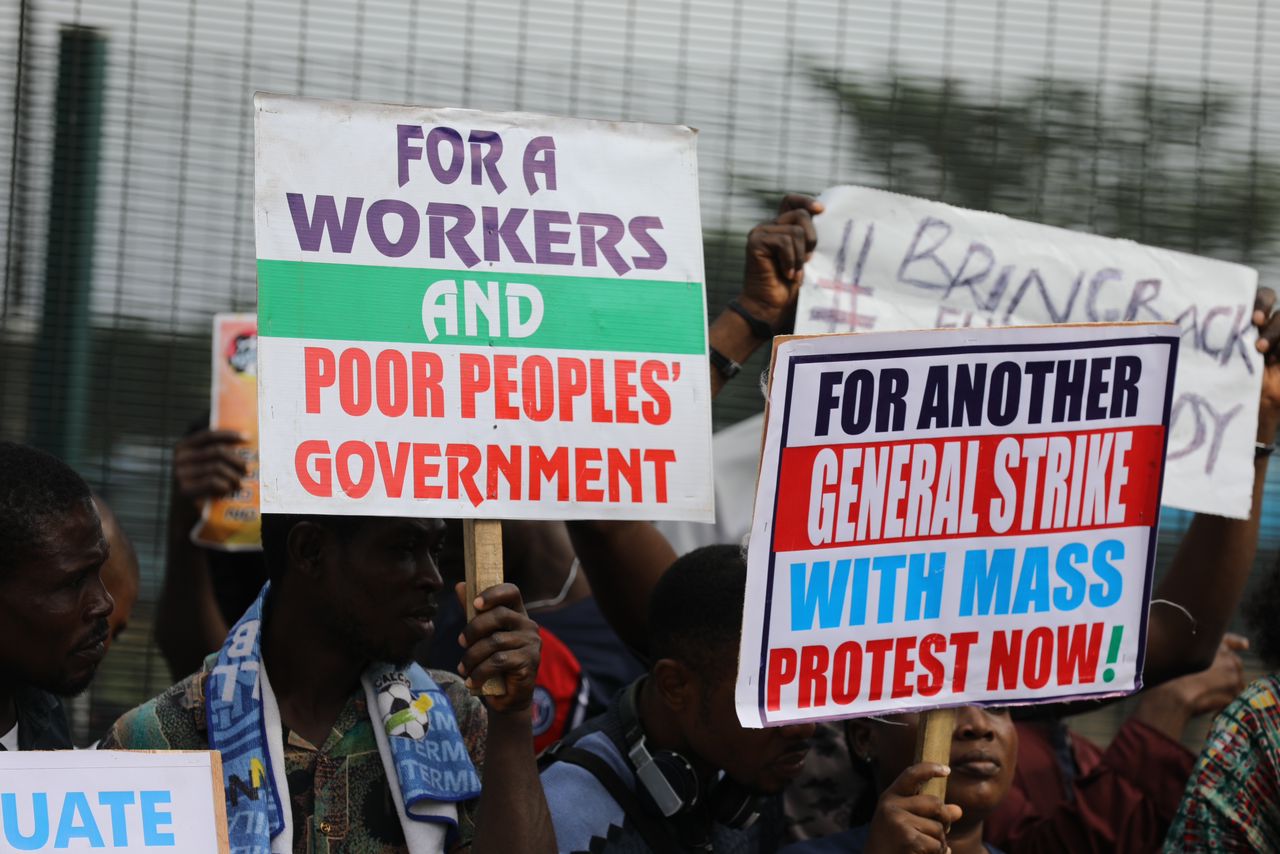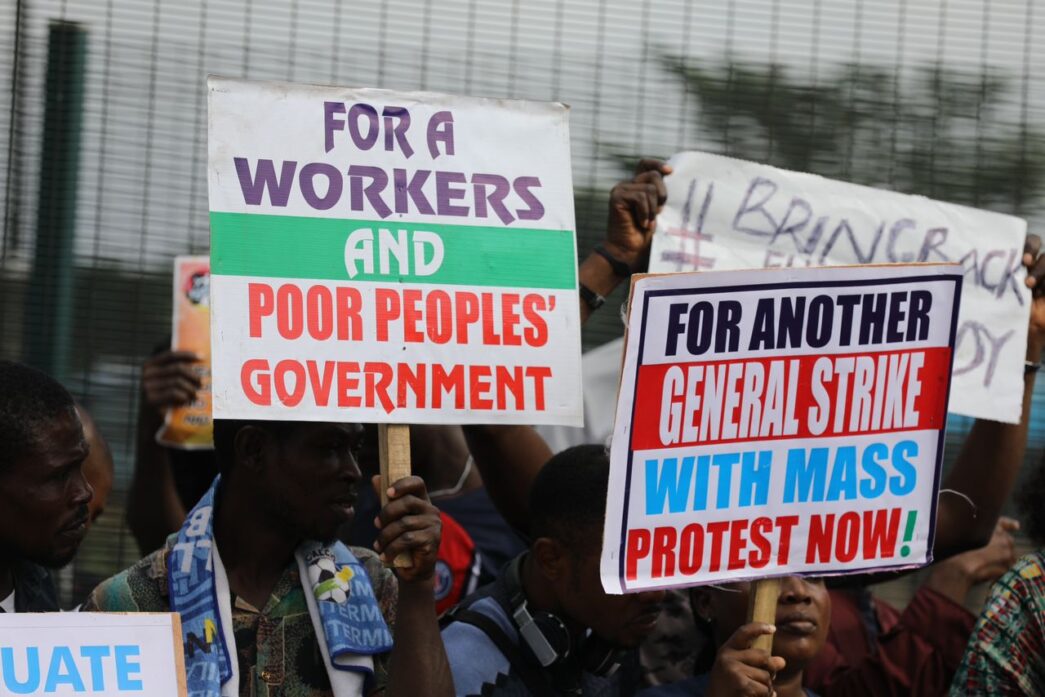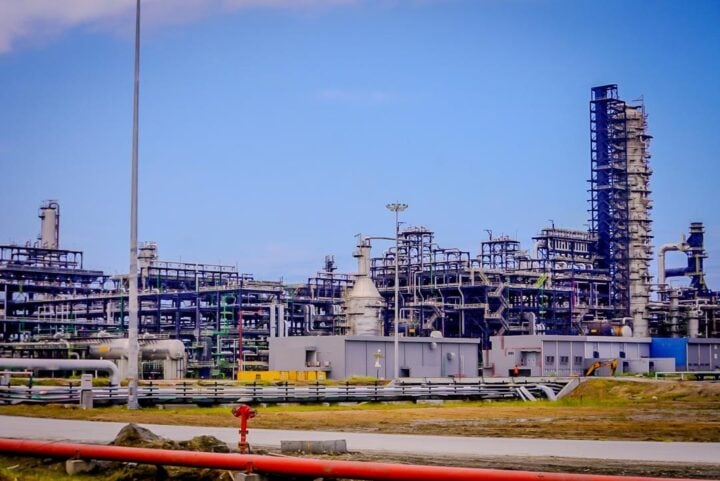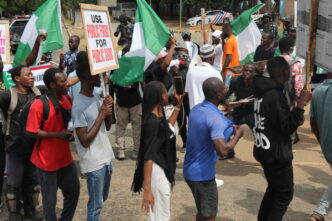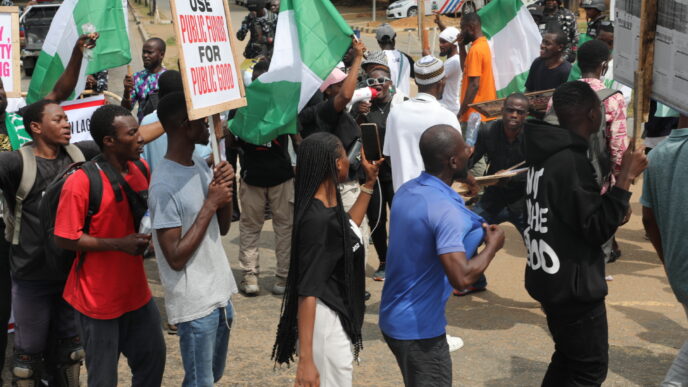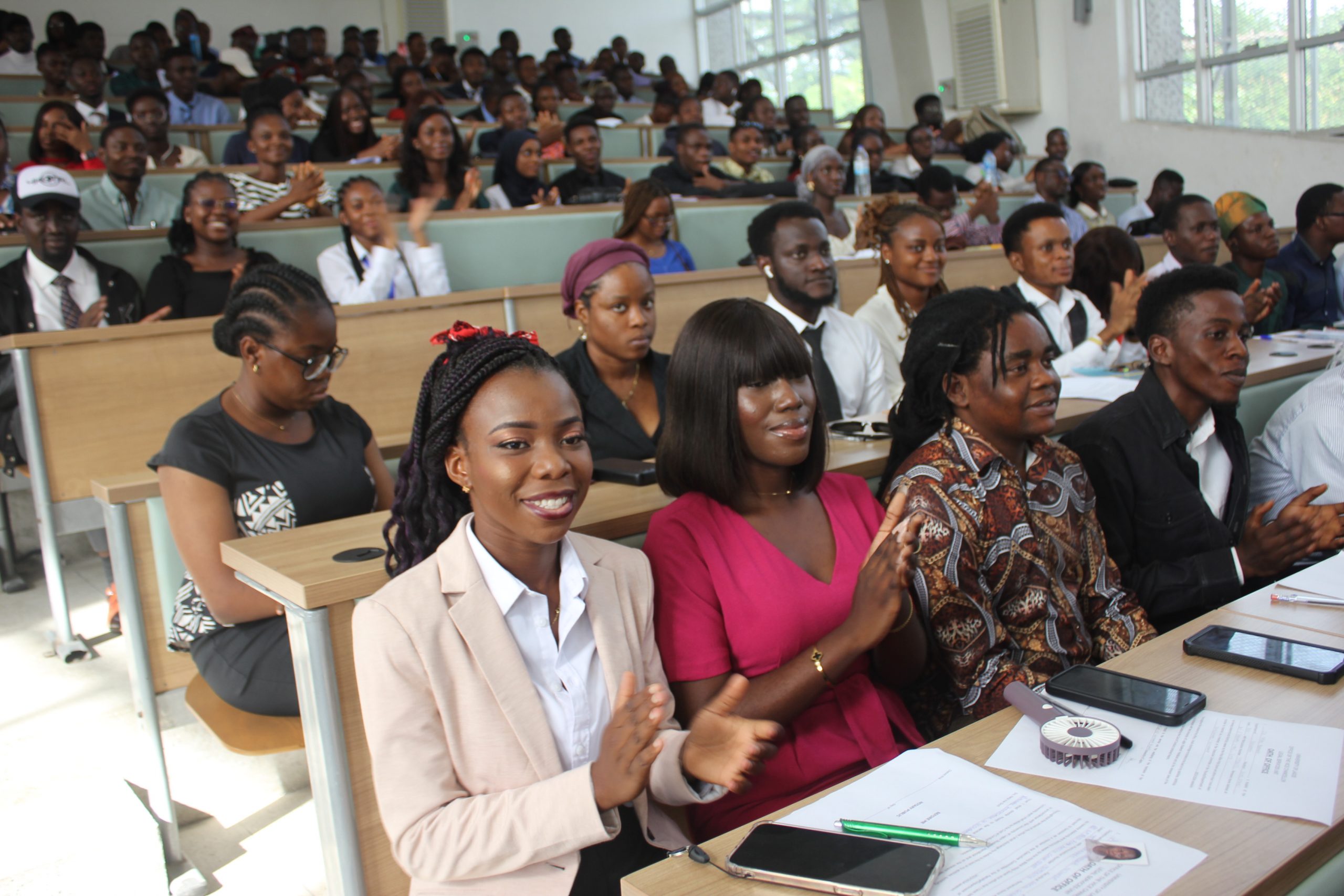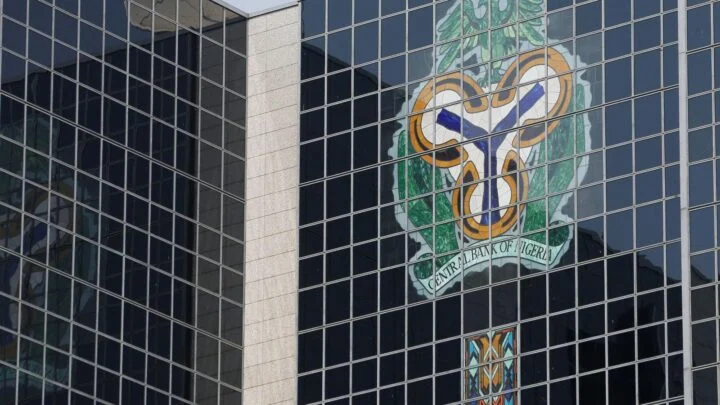BY KOLAWOLE BABATUNDE OLADAPO
Nigeria is a complex democracy with a history of political instability and economic challenges, though founded on the principles of human rights and fundamental freedoms. Among these enshrined rights is the freedom of peaceful assembly and association, as guaranteed by Section 40 of the 1999 Constitution. This constitutional provision empowers citizens to come together freely, express their views, and advocate for their interests without fear of reprisal. It is a cornerstone of democratic governance, fostering a society where diverse voices can be heard and where citizens can actively participate in shaping their nation’s destiny.
However, the line between peaceful protest and violent riot is often blurred in Nigeria. While the constitution protects the right to protest, it does not grant citizens carte blanche to infringe upon the rights of others or to engage in destructive behaviour. This delicate balance is frequently undermined by the actions of some protesters who, under the guise of legitimate grievances, resort to violence, vandalism, and looting.
The history of protests in Nigeria is replete with instances where initially peaceful demonstrations have degenerated into chaotic scenes of destruction. The EndSARS protests of 2020, while initially a legitimate expression of youth discontent with police brutality, tragically escalated into widespread violence and looting. Similar patterns have been observed in previous protests, such as the fuel subsidy removal protests of 2012.
Advertisement
This recurring trend of protest-turned-riot has far-reaching consequences. It creates a climate of fear and uncertainty, deterring both domestic and foreign investment. No rational investor would be willing to risk their capital in a country where there is a high likelihood of their assets being destroyed during periods of civil unrest. The economic implications of this are devastating, as it hampers job creation, hinders development, and exacerbates poverty.
Also, local businesses, both small and medium-sized enterprises (SMEs) and large corporations bear the brunt of the violence associated with these protests. The destruction of property, looting, and disruption of business operations lead to significant financial losses and job cuts. The 2020 EndSARS protests, for instance, resulted in an estimated economic loss of over N700 billion, according to the Lagos Chamber of Commerce and Industry (LCCI). This figure represents a substantial setback for the Nigerian economy and highlights the devastating impact of violent protests on businesses and livelihoods.
Moreover, the actions of these destructive elements undermine the credibility of genuine protesters and their cause. By resorting to violence and lawlessness, they alienate the public and provide ammunition to those who seek to suppress dissent. This is a grave disservice to the democratic process and sets back the struggle for justice and accountability.
Advertisement
It is essential to recognise that the rights of protesters do not supersede the rights of others. While citizens have the right to express their grievances peacefully, they must do so in a manner that respects the law and the rights of their fellow citizens. This includes the constitutional rights of others to free movement and the right to own movable and immovable properties. Property destruction, looting, and violence are not legitimate forms of protest and must be condemned unequivocally.
To address this issue, there is a need for a comprehensive approach that involves both the government and civil society. The government must uphold its constitutional obligation to protect the rights of citizens, including the right to peaceful assembly. At the same time, it must also take decisive action to prevent and respond to violence. Security agencies must be trained to handle protests professionally and with restraint, while also being empowered to enforce the law and protect lives and property.
Civil society organisations also have a crucial role to play in promoting peaceful protest and civic education. They can work with communities to build trust between citizens and the government and to educate people about their rights and responsibilities. Also, the National Orientation Agency (NOA) has a vital role in sensitising citizens on the importance of peaceful protest.
Through public awareness campaigns, workshops, and community engagement programs, NOA can effectively communicate the message that protests should be conducted peacefully and without resorting to violence or destruction. By emphasising the negative consequences of violent protests, NOA can contribute to a shift in public perception and encourage citizens to express their grievances through lawful and constructive channels.
Advertisement
Ultimately, the success of any democracy depends on the ability of its citizens to engage in peaceful and constructive dialogue. When protests devolve into riots, it is the nation as a whole that suffers. It is imperative that Nigerians embrace a culture of peaceful protest and reject violence as a means of achieving their goals. Only then can we hope to build a just and prosperous society for all.
Kolawole Babatunde Oladapo, a legal practitioner, can be contacted via [email protected]
Views expressed by contributors are strictly personal and not of TheCable.
Add a comment
